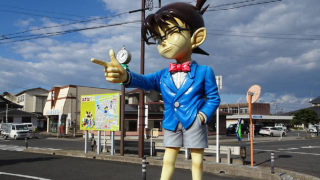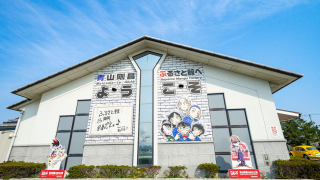 CONTENT
CONTENT How Is “Solo Leveling” Received Overseas? Reactions from Fans Around the World and the Key Points Behind Its High Ratings
“Solo Leveling” is more than just a Korean anime—it’s a story about effort, awakening, and overcoming isolation, themes that deeply resonate across cultures. This article examines why international audiences connect with it so strongly and what emotional elements make it a global success.









